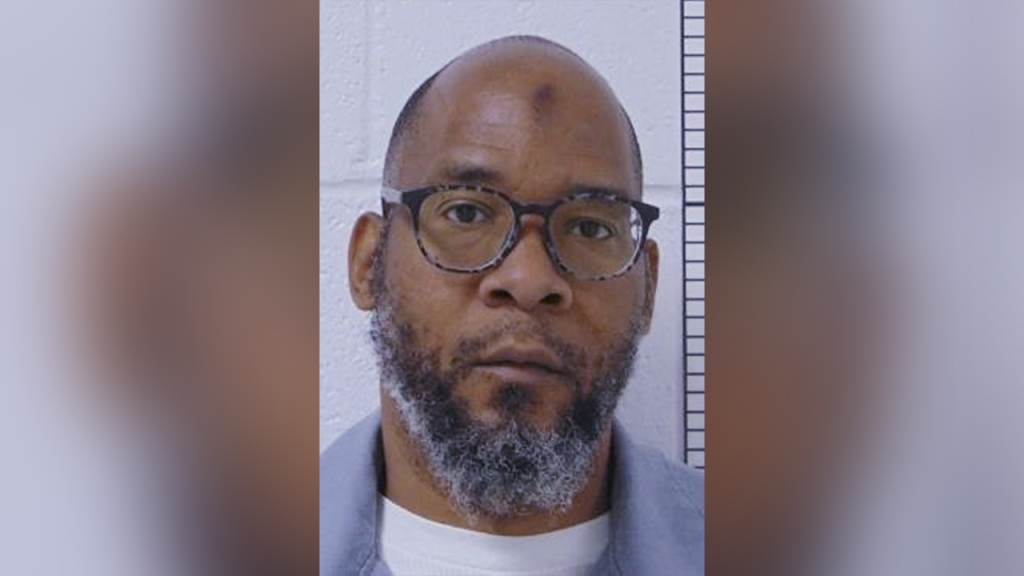The Missouri Supreme Court and Governor Mike Parson denied requests from Marcellus Williams, scheduled for execution in connection with the murder of Lisha Gayle, a social worker, after multiple claims of innocence. Williams’ clemency request was rejected, as well as an appeal to halt the execution for further consideration. Despite years of legal battles, the court found no credible evidence of innocence or constitutional errors, leading to the affirmation of the death sentence. Williams’ attorneys also appealed to the U.S. Supreme Court, which is pending.
Governor Parson defended the decision, stating that Williams’ legal team had ample opportunities to present evidence of innocence, and alleged that they were attempting to manipulate DNA evidence. The governor asserted his belief in Williams’ guilt and confirmed that the execution would proceed according to the Supreme Court’s ruling. The prosecutor has questioned the validity of Williams’ sentence and plans to appeal to the U.S. Supreme Court, stating that doubts about guilt should preclude irreversible punishment like execution.
During Williams’ trial, prosecutors claimed he burglarized and killed Gayle in 1998. Witness testimony and evidence linked Williams to the crime, including a confession relayed by a fellow inmate. Williams’ execution will mark the third in Missouri this year and the 100th since executions resumed in 1989. Concerns about the validity of DNA evidence have prompted previous delays in Williams’ execution, despite ongoing legal battles and appeals challenging the conviction and sentence.
The case has generated widespread debate and criticism, with detractors arguing that executing a potentially innocent man would call into question the entire criminal justice system. Williams’ attorneys and advocacy groups maintain his innocence and cite inconsistencies in the legal process. Previous efforts to secure a new trial or a reduced sentence have been met with mixed results, as legal challenges and procedural errors have complicated the case.
The state Supreme Court’s rejection of Williams’ claims and the governor’s decision to move forward with the execution have sparked renewed calls for justice and transparency in the criminal justice system. The ongoing legal battle and last-minute appeals underscore the complex nature of death penalty cases and the profound impact of wrongful convictions. Despite the controversy surrounding Williams’ case, the state appears poised to carry out his execution as scheduled, pending any further legal developments or interventions from higher courts.













